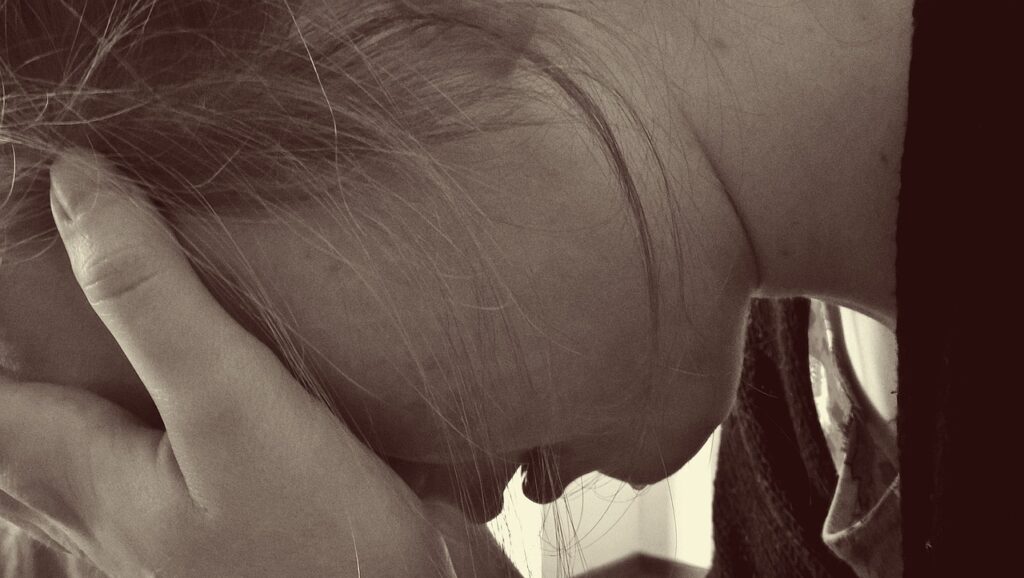
Suicide Loss Survivor Story: The Brain Fog is Real
If you’ve been reading my blogs, you would have noticed I talk about fogginess after my wife died, as well as having PTSD.
There is so much that happens after trauma, whatever your trauma may be. I feel as though a lot of people don’t understand that your brain chemistry alters and the biological make-up shifts causing your brain to “function” differently. And there is nothing that you can do about this except learn how to accept that this is your new normal and find ways to cope. Obviously different therapies can help, and other strategies can assist you with this new normal.
Let me share with you my experience with PTSD after my wife died.
After she died, everything was a haze. Things didn’t seem real. Or periods of time would pass, and I wouldn’t know what happened in those times. It’s as if I was floating along throughout my days. My memory suffered (suffers) greatly. Short term memory has continued to be a problem for me. This one is especially frustrating because I used to be in Special Forces for the Army. I was sharp. I put on a 19-day training event, and I could tell you about the hour-by-hour schedule for all the events throughout the entire 19 days. And now I couldn’t tell you what I did yesterday without putting a whole lot of thought into it.
Some days I live in the fog. It isn’t every single day, but my brain will just shut down where I can’t even read. My brain is all over this place where even my very active brain can’t seem to have a clear thought. I feel completely shut down during those times and the only way to really get through it is to fall into it. What I mean by that is I have learned (to my best ability) to be compassionate with myself. I look at it as my body telling me I just need a day to chill out and maybe do some self-care. Meditation, physical activity, eating healthy, whatever that may look like (everyone is different).
But compassion is one of the hardest lessons I’ve had to learn with my new normal and my brain is simply in survival mode most days. I don’t blame my brain for being this way now, and as frustrating as it is, it isn’t my brain’s fault. It is doing what it needs to do to survive a dangerous threat that could happen.
If you suffer from PTSD and feel as though you suffer from the same symptoms, I encourage you to talk to someone. I personally do EMDR because it helps me face my trauma (instead of flight) and helps to try to deal with how my body responds to triggers. And I can’t say this enough: please have compassion for yourself. If you have had a tragic trauma happen, it is not your fault. This is your new normal. Keep moving forward and take the steps you need to take care of yourself.
If you would like to read about what trauma does to the brain, here are some helpful articles:
https://www.unco.edu/assault-survivors-advocacy-program/learn_more/neurobiology_of_trauma.aspx

